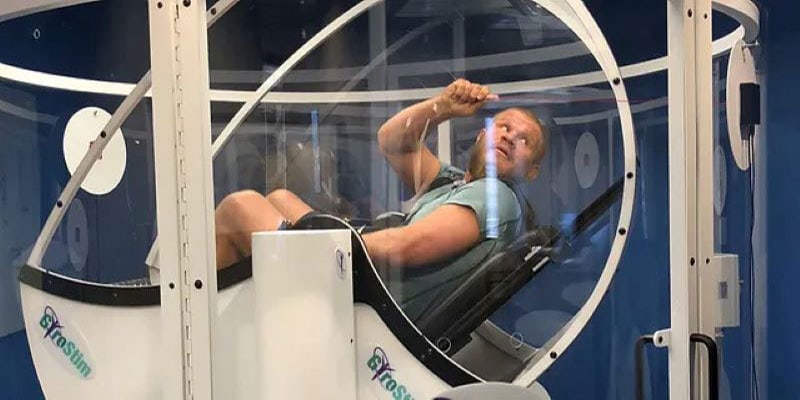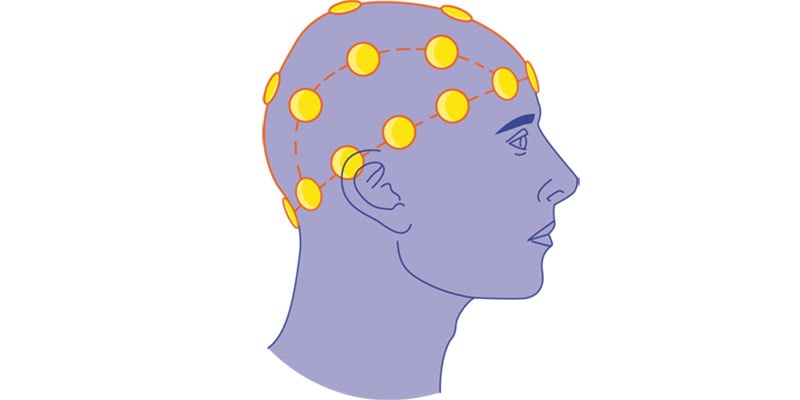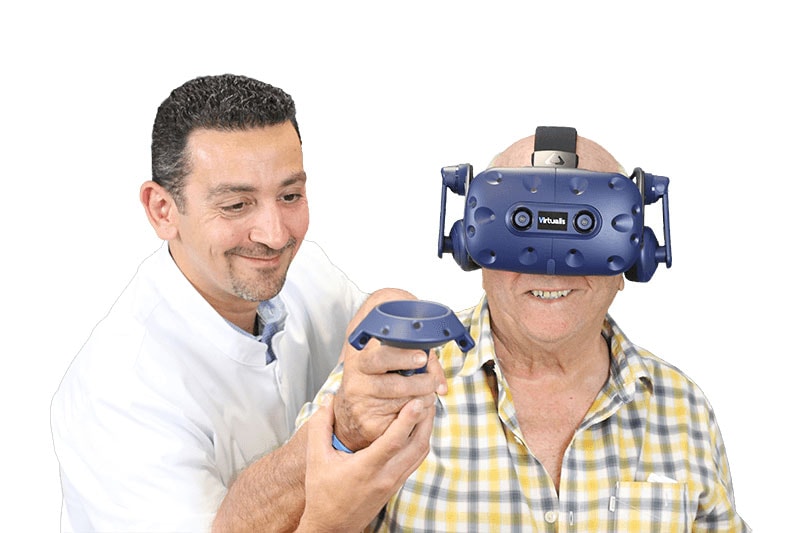Do you get lightheaded when you stand up? Do you often feel off-balance or disoriented? If these symptoms happen regularly and often, then you are likely suffering from vertigo.
Dizziness happens occasionally to many people. If these feelings pass quickly and happen rarely, then there is probably nothing to worry about. If, however, your dizziness happens regularly, includes nausea or makes it difficult for you to function, then it’s time to seek help from a medical professional.
What’s Causing Your Dizziness?
Serious and regular dizziness can be caused by a variety of factors. Your body is a highly engineered machine with many moving parts. These parts are closely calibrated to work together smoothly. If any one of a collection of parts is out of tune, then you can suffer symptoms like vertigo.
The imbalance that occurs in your vestibular system when your body is a bit out of tune is the main culprit for your dizziness. If this system is off, then the precise and delicate operations that send messages to your brain don’t function properly. If your vestibular system receives bad information about where your head is moving, how fast your head is moving or where your head is in space, this will cause vertigo.
What’s My Vestibular System?
Your vestibular system is made of the parts of your inner ear that control balance. There are two main parts of your inner ear, the vestibule and semicircular canals, and then the structures inside those canals.
All of these parts send information to your brain about what kind of adjustments your body needs to make to stay upright and maintain a posture that will prevent falls. The vestibular system is responsible for telling your brain about what’s going on with the motion and position of your body. Your brain then compiles information from your eyes, your sense of touch and your vestibular system to help you balance.
You don’t even notice all these complex adjustments and equations happening in your brain based on the signals from inside your ears, because the whole process is normally automatic.
How Did My Vestibular System Get Off Balance?
Various things can cause your vestibular system to not be functioning correctly. Injuries, illnesses and other damage can throw the system off. Things that can cause an imbalance include:
- Concussions
- Blows to the head (even if they do not give you a concussion)
- Infections
- Changes in altitude
- Low blood pressure
- Metabolic problems
- Medications you are taking
- Improper alignment of your head and neck
In order to treat your vertigo and dizziness, your doctor will first need to identify which of these causes is responsible for your dizziness. Your doctor will conduct a series of tests, which may include a simple head movement test called the Dix-Hallpike maneuver to verify and discover what is causing your problem. Then your doctor can determine what treatment will be the most effective for you.
How Can a Functional Neurologist Help with My Dizziness?
Your neurologist will approach the problem naturally and holistically, without drugs or surgery. Depending on what he and his team determine the cause of your vertigo to be, he will recommend one of several types of treatment. These may include:
- Vestibular rehabilitation
This is an exercise-based program, designed specifically for you, to improve your balance and rehabilitate and recalibrate your vestibular system.
- Tone pacer vestibular stimulation
This is a type of therapy that uses sound to stimulate your vestibular system in order to activate the receptors in your inner ear in order to rebalance your vestibular and neural network.
- Galvanic vestibular stimulation
This is a program that uses a small device to send electrical impulses directly into the nerves of your ear. These electrical impulses will activate your vestibular nerves and help your system rebalance.
- Bertec Balance Retraining
This therapy uses interactive virtual reality to create environments where your system will relearn to balance.
- Neurosensorimotor Integrator training
This computerized tool, which was designed specifically for functional neurologists, uses a TV and touch screen to provide interactive games that help rebalance your system
- Restoring Proper Neck Alignment
Chiropractic treatment, adjustment and exercises will help your head and neck work better together.
- Cerebellar Exercises
These exercises will be done on a mat, under the supervision of a physical therapist. They will help your body reintegrate the way it sends signals to your brain.
Your Balance is Important. Don’t Live with Dizziness and Vertigo!
Many of us take good balance for granted, and don’t realize how important it is until we find our balance upset.
Good balance is important for many activities that we all do every day- walking, going up and down stairs and standing. Improving your balance and reducing your dizziness will help prevent you from falling and injuring yourself.
Visit our offices at Norcal Brain Center to see what our team of functional neurologists, physical therapists and chiropractic doctors can do to help you feel less dizzy!



